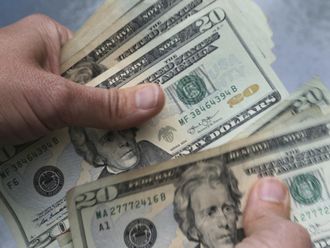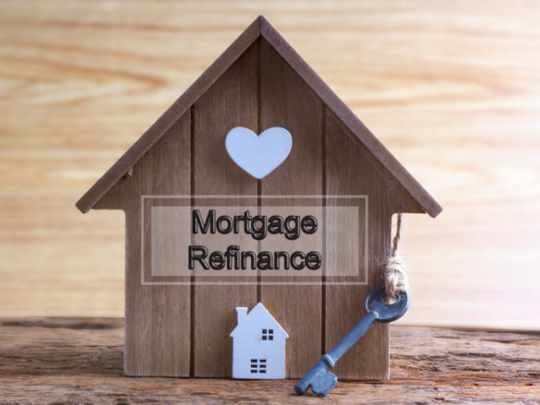
Dubai: If you’re interested in borrowing against your home equity, you have options. One choice is a cash-out refinancing - that’s when you pay off the original loan on your home, take on a new one and get cash for some of the equity you have in the home.
ALSO READ
- Going home to India? Plan on borrowing against debt-free homes or refinancing property loans? Here is what you need to do.
- Is it a good idea to refinance your home mortgage?
- UAE: Reverse mortgages aren’t for everybody: Who is and isn’t it ideal for?
- How homeowners can increase value of their own home in the UAE? Is it financially worth it?
- UAE: Is it wise to re-finance your home close to retirement?
- UAE: NRIs can achieve cost savings by refinancing mortgage in India
How does a cash-out refinance work?
Refinancing a mortgage means replacing your existing loan with a new one that includes a new interest rate and term.
A cash-out refinance is a type of mortgage refinance that allows you to withdraw a lump sum of cash from the equity built up in your home. The portion of equity you take out is then added onto your new mortgage principal.
The interest rate you pay is applied to your new mortgage and may be fixed or adjustable depending on the type of loan you choose.

How much equity is needed for a cash-out refinance?
The amount you can withdraw depends on the amount of equity you have in your house. In most cases, you’ll need to maintain at least 20 per cent of the new loan’s value in equity after the refinancing. The appraised value of your home is a key factor in determining how much cash you can get.
If you are looking to invest in a property and rent it out, you will need a buy-to-let mortgage, which will require a much higher down-payment of around 40-50 per cent.
Borrowing is capped in a variety of ways. The amount you will be borrowing (including the interest) cannot be more than your total anticipated earnings for the next seven years.
In Dubai, mortgage payments are capped at 50 per cent of your monthly income; a figure that is generous compared to the caps of 30 per cent or 35 per cent used in some European countries.
When applying for a mortgage, you might find that banks require you to have higher earnings than a local applicant, as some lenders consider expats to be a riskier proposition.
When applying for a mortgage, you might find that banks require you to have higher earnings than a local applicant, as some lenders consider expats to be a riskier proposition.
Is cash-out refinancing worth it?
There are many perks to a cash-out refinance. However, it’s important to balance the expenses of replacing your mortgage and paying closing costs with the benefits of how you intend to use the cash.
Before you leverage equity in your home, consider whether the plans you have in mind are worth the risk. For that let’s understand what to consider before you opt for a cash-out refinance.
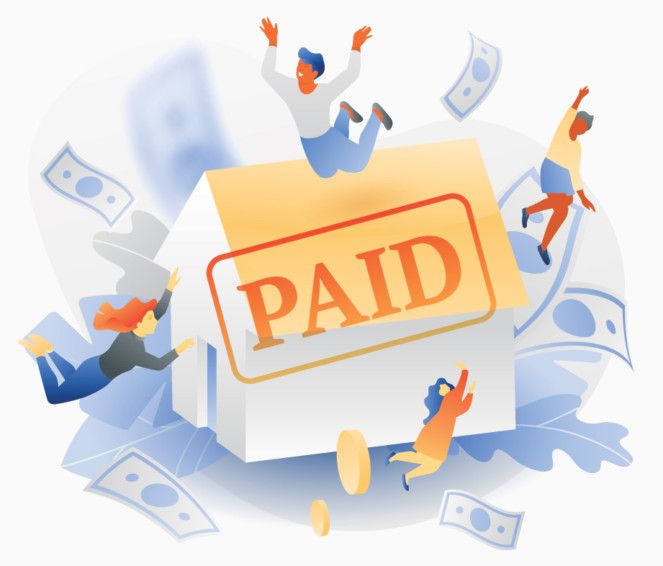
Key considerations for a cash-out refinance
If you have equity in your home, a cash-out refinance can make sense. However, there are also reasons to avoid it.
Reason to opt for a cash-out refinance: Availability of lump sum funds
With a cash-out refinance, you can use the money for home improvements
The Central Bank had released guidelines on equity release transactions in Q4 2019 which restrict these funds from being used for general debt consolidation, such as settling your car loan, personal loan or credit card dues. Instead, you are encouraged to only use this cash to refurbish or improve your existing home or buy a new property.
Customers must know that the interest rates for an equity release are higher when compared to taking out a fresh mortgage or a buyout transaction.
Reason to opt for a cash-out refinance: Interest rates
Your new loan could have a lower interest rate, depending on when you took out your existing mortgage, current interest rates and your credit history.
With a cash-out refinance, your rate will also generally be lower than credit card interest rates or the rates on a personal loan.
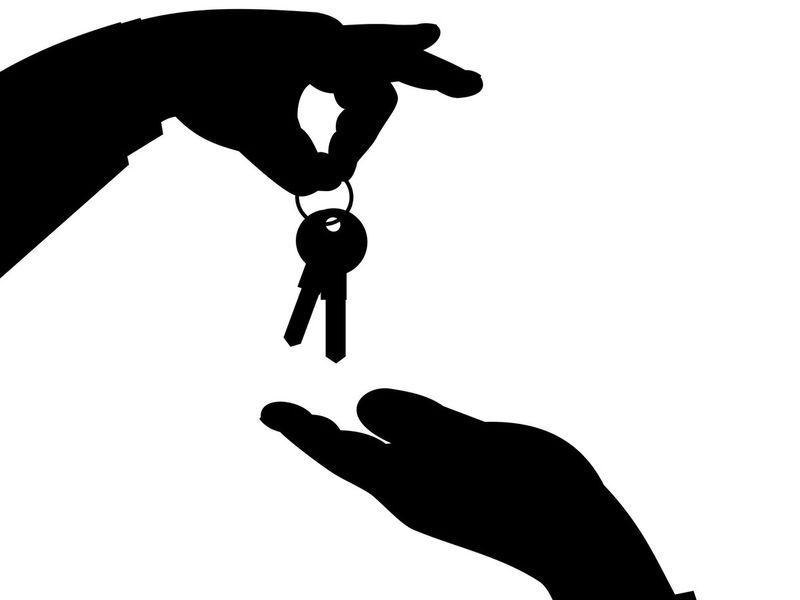
Reason to not opt for a cash-out refinance: Closing costs
Just like with any mortgage or refinance, you’ll pay closing costs for a cash-out refinance, which could include fees for appraisals and credit reports.
Buildings insurance is mandatory when taking out a mortgage in the UAE. Whether you take out contents insurance is up to you. Insurance policies in the UAE can be very affordable, and you can either purchase buildings and contents separately or as a package.
How much you will pay depends on the value of your home and belongings. As a rule of thumb, your yearly premium can be around 0.1 per cent of the combined property value and contents.
Reason to not opt for a cash-out refinance: Repayment period
With a cash-out refinance, you’re replacing your existing loan with a new one for a higher amount, which could lengthen the time you’re paying it back, and the amount of interest you pay over time.
Reason to not opt for a cash-out refinance: Collateral
As with any home equity option, a cash-out refinance uses your home as collateral, so a failure to make your loan payments could put you at risk of foreclosure.

Let’s compare different financing options you have when you borrow against your home
There are other ways to borrow against your home equity. Depending on your situation, a home equity loan or line of credit can be more helpful than a cash-out refinance. Here’s how the different options stack up.
Cash-out refinance
• Replaces mortgage? Yes.
• Interest rate: Available through either a fixed-rate mortgage or an adjustable-rate mortgage.
• Closing cost: Similar to your original mortgage.
• Pay-out: Lump sum when you close your refinance loan.
Home equity loan
(A home equity loan is a type of loan in which the borrower uses the equity of his or her home as collateral. The loan amount is determined by the value of the property, and the value of the property is determined by an appraiser from the lending institution.)
• Replaces mortgage? No
• Interest rate: Usually fixed but generally has a higher interest rate than a line-of-credit for the same amount.
• Closing cost: Similar, on a percentage basis, to those you paid on your original mortgage.
• Pay-out: Lump sum at your loan closing.
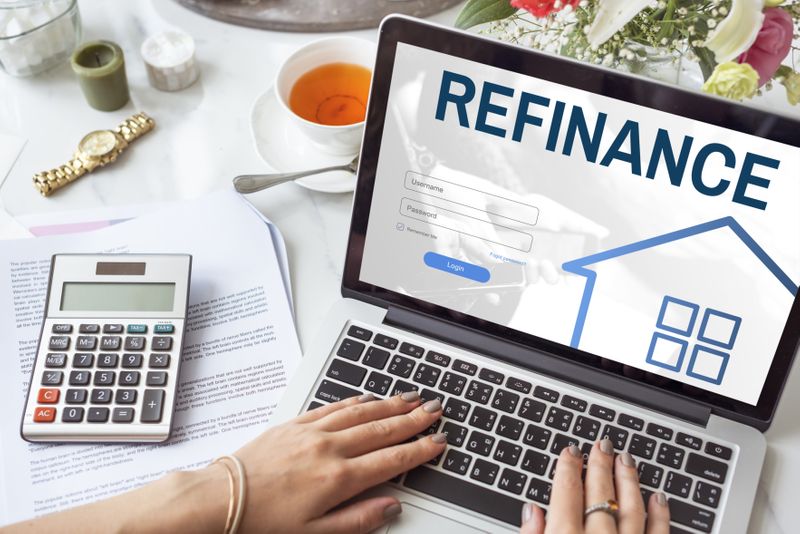
Home equity line of credit
(A home equity line of credit is a loan in which the lender agrees to lend a maximum amount within an agreed period, where the collateral is the borrower's equity in their house)
• Replaces mortgage? No.
• Interest rate: Typically has an interest rate that’s variable and changes in conjunction with an index.
• Closing cost: Usually has no (or relatively small) closing costs.
• Pay-out: You withdraw from your available line of credit as needed during your draw period, typically 10 years.
If you are looking to switch deal, approach your current bank first. Some lenders will consider restructuring your loan with a reduced rate for a fixed term. However, while some banks offer fee-free re-mortgaging, most will charge you to switch.
The days of 3 per cent buy-out fees are over, as the rules introduced in December 2015 set the maximum fee as 1 per cent of the balance (up to Dh10,000).

